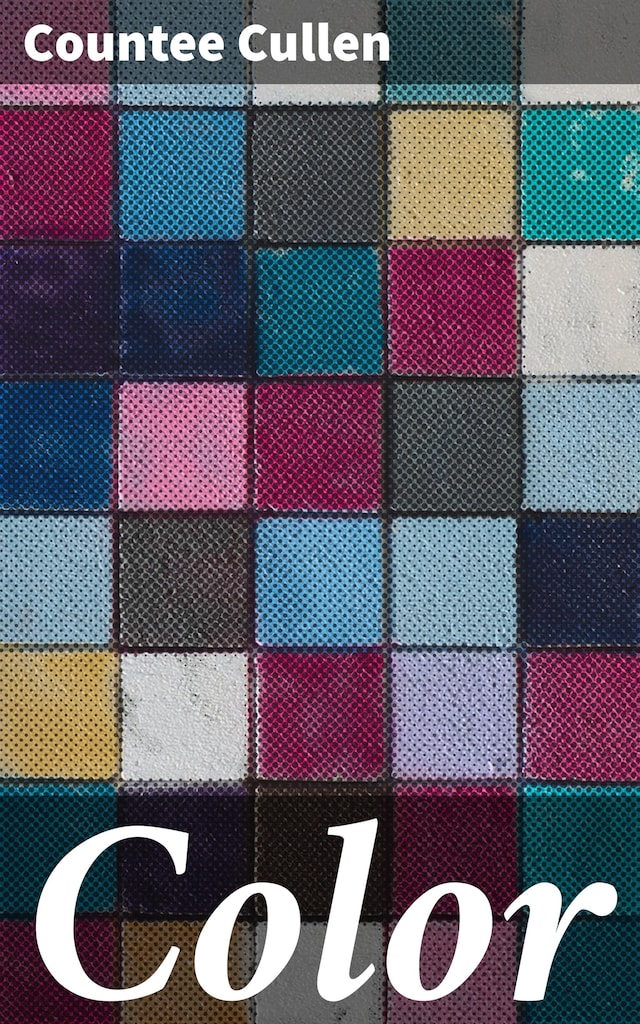
Color
Exploring Racial Identity in the Harlem Renaissance
Description of book
In "Color," Countee Cullen exquisitely delves into the complexities of race and identity through a collection of poignant poems that articulate the African American experience during the Harlem Renaissance. Employing a rich tapestry of traditional forms and modern language, Cullen's work reflects his mastery of various poetic styles, from sonnets to free verse. The poems address themes of love, race, beauty, and social injustice, revealing the struggle for self-definition amid societal constraints. The literary context of the Harlem Renaissance amplifies Cullen's exploration of cultural identity, positioning his voice as a crucial commentary on the lived realities of African Americans in the early 20th century. Countee Cullen, a prominent figure of the Harlem Renaissance, was profoundly influenced by his own experiences as a biracial individual navigating a racially divided society. Educated at prestigious institutions such as New York University and Harvard, Cullen'Äôs academic background and passion for literature shaped his nuanced perspective on race and art. His work often reflects the duality of his identity, making "Color" not only a personal narrative but also a broader reflection on the African American condition of his time. Filled with lyrical beauty and emotional depth, "Color" is an essential read for those seeking to comprehend the intricate dynamics of race and identity in American literature. Cullen's eloquent verses invite readers to engage with timeless questions of belonging and self-worth, making this collection a profound journey that resonates across generations. Anyone interested in the intersections of race, art, and history will find profound insights within Cullen's evocative poetry.
 Countee Cullen
Countee Cullen 90 Pages
90 Pages